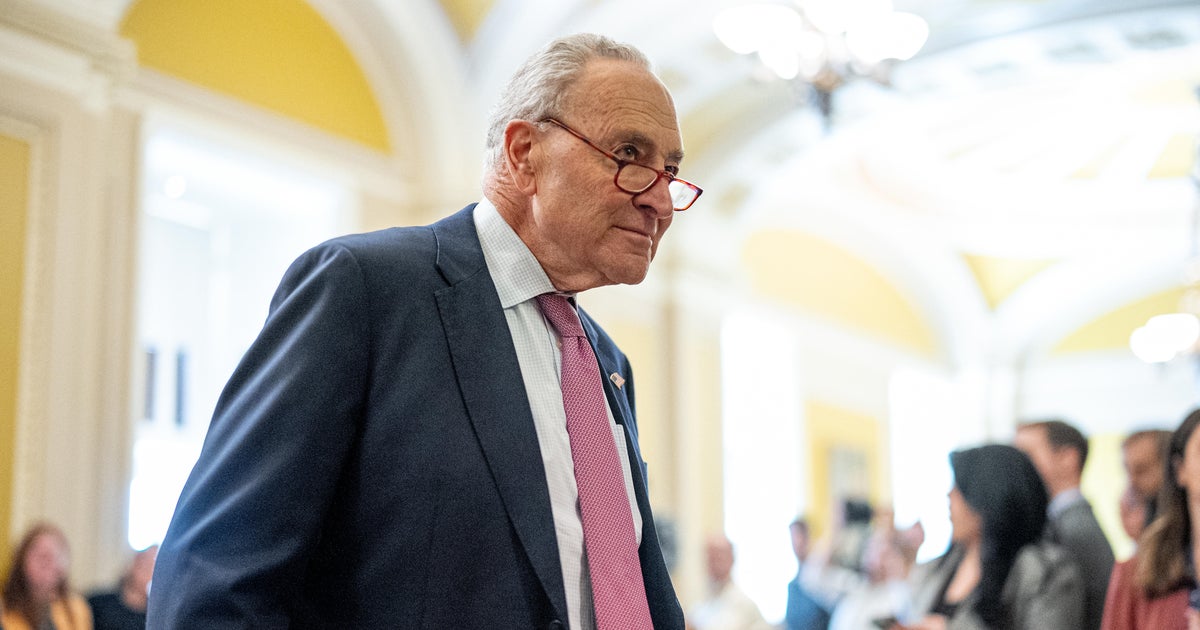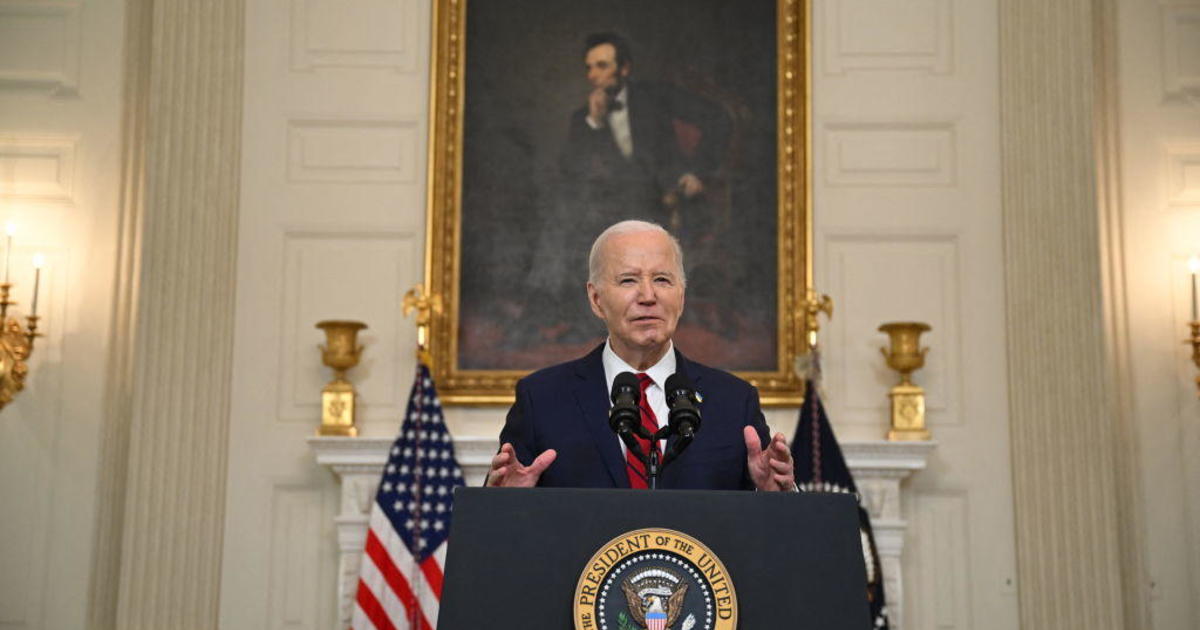Retirement savers, you're on your own
Who will best help workers who currently don't have access to a retirement plan at work? The answer depends on your point of view.
Last week, the Republican-led Senate narrowly approved a bill (H.J. Res. 66), 50-49 mostly along party lines, that would roll back an Obama-era Department of Labor (DOL) regulation making it easier for states to sponsor retirement programs for workers who don't have one at work. The Republican-led House of Representatives had passed this legislation in February, and President Donald Trump is expected to sign it into law.
Why state-run retirement plans?
The intent of state-run retirement plans is help small businesses allow their employees to contribute to a retirement savings plan. Currently, about half of all workers don't have access to such a plan.
One key issue is that small employers are concerned about the fiduciary liability they accept under the Employee Retirement Income Security Act (ERISA, the federal pension law), when they sponsor their own retirement savings program. Small employers often don't have the resources to evaluate retirement offerings and navigate the legal requirements under ERISA.
So the DOL regulation would have protected them from this fiduciary liability and established a "safe harbor" from ERISA for government-run IRAs managed by states for private-sector workers.
Seven states have approved such plans for their residents (California, Connecticut, Illinois, Maryland, New Jersey, Oregon and Washington). According The Wall Street Journal, these states are pressing ahead with their plans. An additional 20 states introduced legislation in 2017 to consider similar plans, so interest is widespread among states that want to take steps to prevent their residents from becoming impoverished in their later years and end up relying on social programs.
Financial industry groups oppose state-run plans
On the other side is the financial industry, whose representatives applauded both the repeal effort and the legislation to roll back the regulations, claiming it would preserve ERISA's protections for small investors.
For example, the Insured Retirement Institute (IRI) recently issued a press release stating: "The Senate has preserved the high level of ERISA protections workers receive when they participate in a workplace retirement savings plans and will not exempt those participating in state-mandated savings plans." IRI is an industry group of insurers, asset managers, broker-dealers and financial professionals.
Similarly, the Investment Company Institute (ICI) recently issued a press release stating: "The Senate has taken a positive step to ensure that savers in state-run retirement plans have the same strong consumer protections that workers with private-sector employer retirement plans have relied on for more than four decades." ICI is an association of regulated investment funds, including mutual funds, exchange-traded funds, closed-end funds and unit investment trusts.
Senate Majority Leader Mitch McConnell (R-Kentucky) said the DOL rules would give "government-run retirement plans a competitive advantage over private sector workplace plans, while providing fewer basic consumer protections to the workers who would be forced to contribute to them." Other commonly expressed concerns are that state-run plans will have high fees and poor investment performance, and that states might raid the plans to fund pet projects.
Consumer groups support state-run plans
AARP fired back in a press release: "Today, the Senate moved to limit opportunities for families who want to save for a better life as they age. Too many small business employees don't have a way to save for retirement out of their regular paycheck. H.J. Res. 66 does significant harm to a common-sense bipartisan solution that creates private investment vehicles to help middle-class families save through a simple payroll deduction."
AARP went on to say, "Today, 55 million Americans lack access to workplace retirement savings plans, even though research shows that people are 15 times more likely to save if they can do so directly out of their paychecks."
The retiree advocacy group sponsors an online resource center on state-run plans that contains an extensive discussion of the facts and fallacies about them. For example, the DOL rulings said states must provide comparable protections to ERISA and trusted each state to meet that standard. The net result: The burden ERISA puts on employers is shifted to the states.
Workers who aren't offered a retirement plan currently have no protections from ERISA, because their employer doesn't offer a plan subject to it. Therefore, they really wouldn't be losing any ERISA protections under a state-run plan.
These programs would typically partner with financial institutions to run auto-IRA programs or multiple-employer plans. Such plans would invest in the same types of pooled investment funds as conventional 401(k) plans, and their funds would not be available to politicians.
Several Democratic Senators support the state-run plans and accused Republicans of bowing to pressure from the financial industry. In particular, Senator Ron Wyden (D-Oregon) said, "It's a head scratcher -- why the majority here in the Senate would want to make it harder for innovative states like Oregon to put in place a savings program that is voluntary in nature."
Wyden was chiding Republicans known for preaching that states are the "laboratories of democracy."
The bottom line for workers: If you aren't eligible for a retirement plan at work, the reality is that nobody else will help you save for retirement, whether that's the U.S. government or your employer. You'll need to take responsibility for your own retirement security and spend time shopping for an IRA at a bank, mutual fund company or insurance company.
And it's up to you to shop smart for the lowest fees and the potential for favorable investment returns. The fact is, you are the best person to protect your interests.




